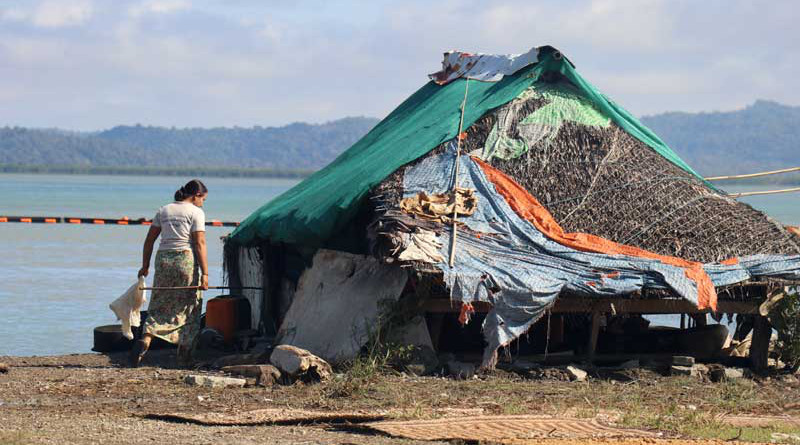Myanmar: Over Half Of Advance Voters Disenfranchised In Arakan State
By DMG
More than half of the eligible advance voters in Arakan State have been disenfranchised by the Union Election Commission’s decision to cancel elections in most of the state.
The UEC has ruled out elections in nine of Arakan State’s 17 townships, as well as 14 wards and dozens of village-tracts across four other townships in the state. As a result, about 5,000 out of more than 9,000 people who registered to cast early votes in those constituencies will not see their ballots counted.
Those who register to vote in advance are typically outside of their constituency for a variety of reasons on Election Day, this year slated for November 8. That includes people incarcerated; attending training courses; working at hospitals; and the family members of military personnel.
“Some of the advance votes have arrived in townships where elections will be held. They have arrived in sealed envelopes. They will be opened in the presence of party representatives and election subcommission members just before the election,” said the chairman of the Sittwe Township election subcommission, U San Thar Maung.
The Sittwe Township election subcommission had received over 150 advance votes as of October 25, he said.
Candidate U Tun Tun Aung of the Arakan National Party, who is running for a seat in the Arakan State legislature, said: “I am worried that the election won’t be fair. It is up to people to decide whether or not to cast advance votes. The election commission is responsible for ensuring a free and fair election.”
In Arakan State, the UEC has cancelled elections fully in Pauktaw, Ponnagyun, Rathedaung, Buthidaung, Maungdaw, Kyauktaw, Minbya, Myebon and Mrauk-U townships. Voting was also nixed in parts of Ann, Taungup, Sittwe and Kyaukphyu townships.
As a result, about 1.2 million out of more than 1.64 million eligible voters in Arakan State will be unable to go to the polls this year. Prior to the UEC’s announcement of no-vote constituencies, the state’s election subcommission planned to staff 2,595 polling stations, but as the election will be held in only eight townships on November 8, only 755 polling stations will be operational.

